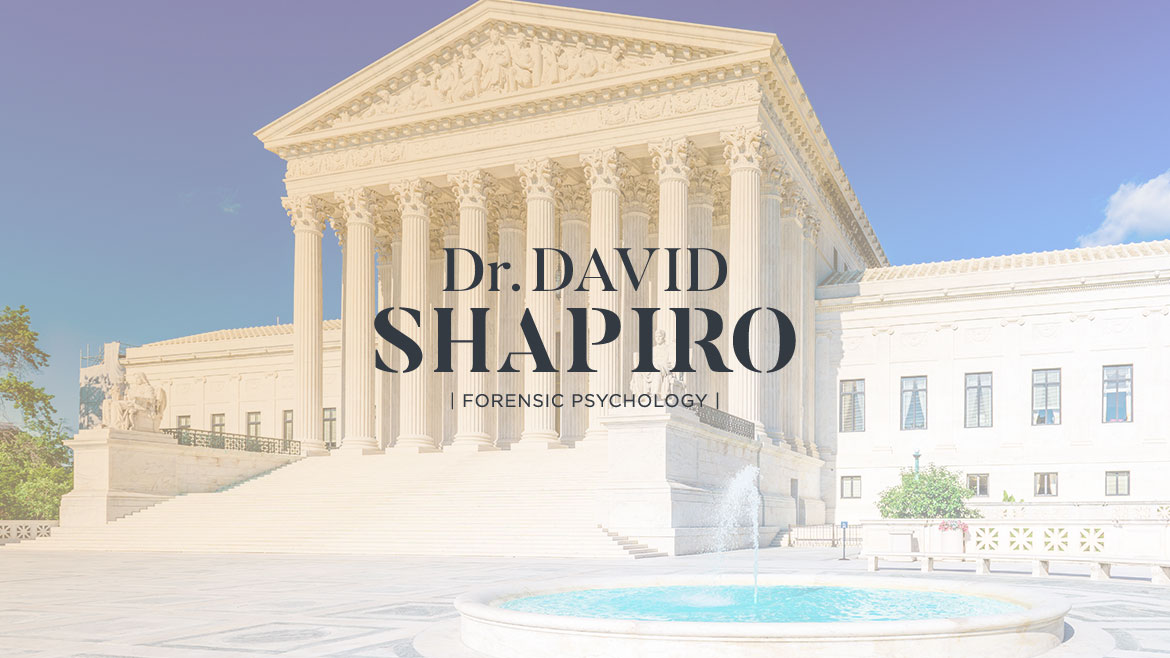In capital sentencing cases, a judge or jury is asked to weigh “aggravating” against “mitigating” factors in determining whether a defendant who has been convicted of a capital crime should be sentenced to death or to life imprisonment. The United States Supreme Court has ruled that mitigating factors are essentially open-ended, that the defendant can present any history, background, or test results that might make a jury view the crime as less heinous or at least understandable. Aggravating factors are restricted, on the other hand, to certain areas determined by statute. There is, unfortunately, much misuse of psychological assessment in these proceedings. Experts will make pronouncements about the potential for future violent behavior without performing sufficient assessment and will misrepresent the findings from other tests. Dr. Shapiro has consulted on a large number of such cases, arming attorneys with materials they may use in cross-examination of the experts who perform such inadequate assessments.

